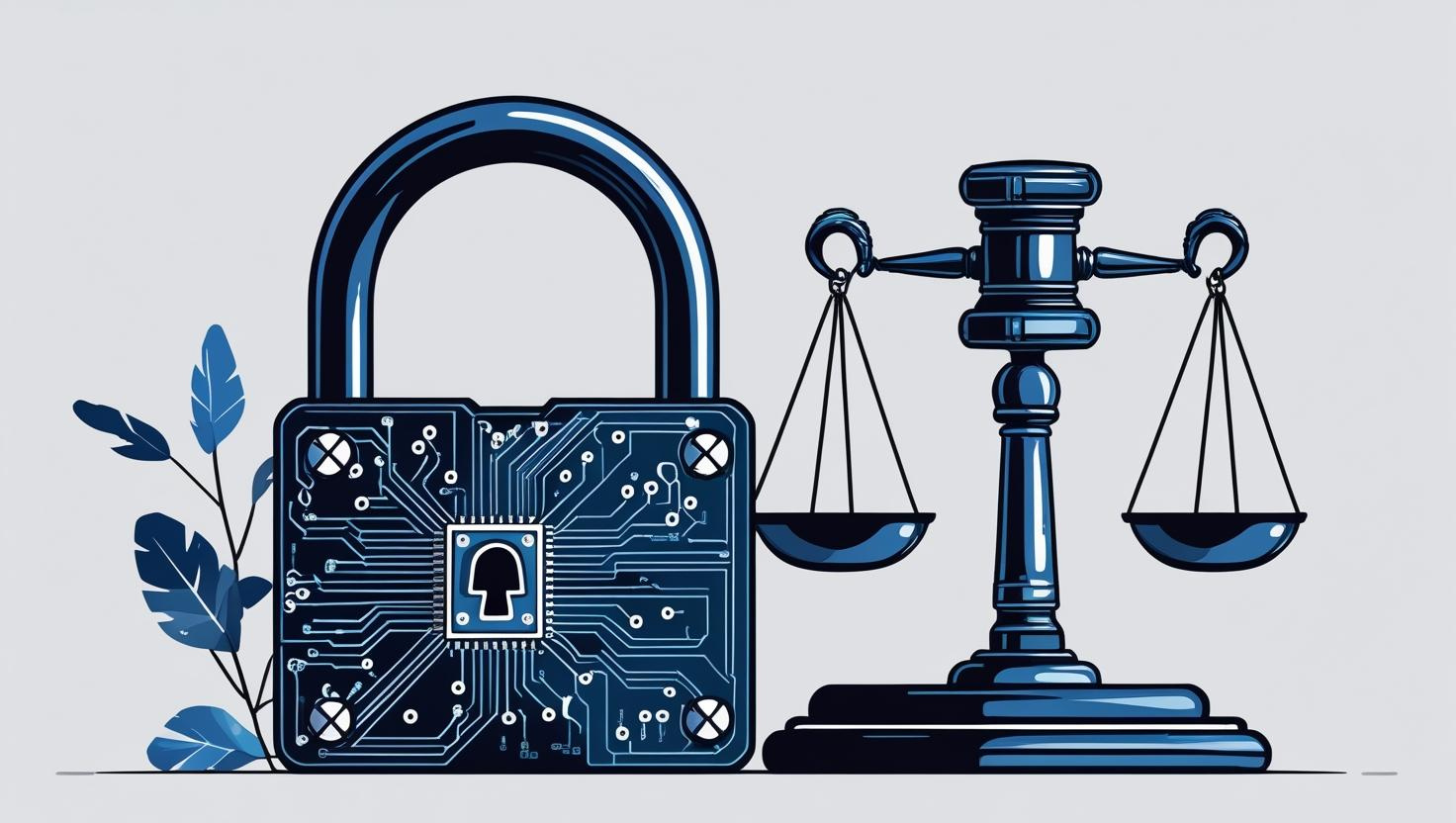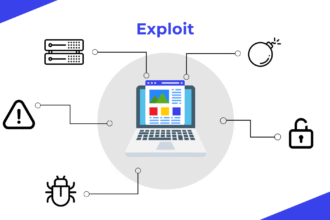Small law firms used to fly under the radar.
Not anymore.
Artificial intelligence (AI), deepfakes, and automated hacking tools are rewriting the rules of cybercrime, and small and midsize firms are increasingly becoming the preferred targets.
Why? Because the tools used to breach you are getting smarter, faster, cheaper, and you’re probably not keeping up.
Let’s break down why AI and emerging tech make your law firm a bigger target than ever before.
AI Supercharges Phishing and Social Engineering
Remember when phishing emails were obvious scams with bad grammar and weird logos?
That’s ancient history.
Today, cybercriminals use AI to craft personalized, nearly flawless phishing emails, often tailored specifically to your firm or clients. And these aren’t just broad spam attempts anymore. They’re hyper-targeted, researched, and convincing.
Real-World Example:
An Ohio-based family law firm received an email with a subject line referencing a real case on their docket. The message, generated by AI, mimicked the client’s writing style and requested that the firm “review and comment” on a new custody filing, attached as a malicious PDF. The attacker had scraped email threads from a prior breach and trained AI on the content.
Common AI-powered Phishing Tactics Now Include:
- Fake Client Emails: Referencing past matters, court dates, or recent invoice amounts.
- Deepfake Voicemails: AI-cloned voices of partners or court officials telling a paralegal to act urgently (e.g., send funds, open a document).
- Perfect Spoofs: Lookalike websites or eFiling portals that harvest credentials when you log in.
These aren’t mistakes you catch at a glance. They’re professional, targeted, and engineered to fool even savvy users.
Emerging Legal Tech = More Attack Surfaces
You’re probably using more tech than ever:
– Cloud case management (Clio, MyCase)
– Online billing and trust account portals**
– Doc automation tools
– AI-based virtual assistants
– Remote access for hybrid work
Every one of these tools increases your digital “attack surface.” Please read our post about why this matters. https://blackswampinfosec.com/zero-days-the-cybersecurity-grim-reaper-of-small-and-midsized-businesses/
Real-World Example:
A two-attorney real estate firm using an AI chatbot on their website unknowingly exposed client metadata. The chatbot wasn’t configured securely and gave unauthenticated users access to indexed transcripts containing sensitive details.
Key Risks with Emerging Tools:
- Misconfigured APIs: APIs link your systems together, but a single misconfiguration could allow attackers to extract confidential data.
- BYOD Headaches: Staff working on personal devices can introduce malware or access protected files over insecure connections.
- Shadow IT: Attorneys using ChatGPT or other tools without firm-wide policies can expose sensitive case information to unknown third parties.
Automation Makes Every Hacker a Threat
Gone are the days where cybercriminals had to write their own malware. Now they just rent it.
Phishing-as-a-Service (PhaaS), Ransomware-as-a-Service (RaaS), and AI-generated payloads are flooding the dark web, making it dead simple for anyone to launch a sophisticated cyberattack.
Real-World Example:
A solo attorney in Michigan fell victim to a ransomware kit that automatically scanned her public website, scraped the firm’s domain, generated a fake “Notice of Bar Complaint,” and sent a malicious payload. The whole operation took less than 10 minutes, and the attacker never wrote a line of code.
How Automation Increases Risk:
- Speed & Scale: Bots can send 1,000 targeted phishing attempts per minute.
- Customization: Tools auto-generate emails and lures that reflect your region, court system, or practice area.
- Intelligent Payloads: Some malware now auto-adapts based on your system environment, Mac or PC, cloud or local.
Automation isn’t just scaling up attacks. It’s making them smarter and more persistent.
Cybercriminals Are Training AI on Legal Data
AI models are being trained using scraped legal websites, public court records, and leaked discovery files, allowing threat actors to convincingly mimic your work product, tone, and document templates.
Real-World Example:
A boutique IP firm received a counterfeit cease-and-desist letter nearly identical to one they had issued months earlier, except it was sent to a different client, from a spoofed domain. The attacker had used AI to generate a fake version of the original letter by tweaking names and dates.
Other Ways Legal AI Can Be Weaponized:
- Fake legal filings that trick staff into opening malware-infected documents.
- Spoofed settlement letters designed to redirect wire transfers.
- AI-generated client forms that imitate your templates but contain malicious macros or links.
In essence, AI is learning your language, and using it against you.
Small Firms Still Operate with Minimal Security
Despite these risks, many small law firms are still running on:
- Basic antivirus
- Personal Gmail accounts
- Unsecured Wi-Fi
- No data loss prevention
- No encryption at rest
- No formal cyber training
Real-World Example:
A 6-person employment law firm had a billing coordinator fall for a fake ACH transfer request. The attacker had previously breached an external payroll vendor and used that data to create a believable story. The result? $42,000 in unrecoverable losses.
Why Small Firms Are Still Juicy Targets:
- They often pay quickly to make it go away (especially with cyber insurance).
- They lack layered defenses, making breaches easier and quieter.
- They’re trusted third parties, giving attackers a bridge into larger corporate clients.
Bottom Line for Small Law Firms
The bad guys are using AI.
They’re learning the language of the law.
And they’re coming for you, not because you’re big, but because you’re vulnerable.
Modern cyber threats don’t care about your zip code or firm size. They care about access, trust, and data, and small firms check all the boxes.
—
About Black Swamp InfoSec
Black Swamp InfoSec helps professional service firms and SMBs stay ahead of the cyber curve. We provide down-to-earth cybersecurity advice, affordable managed services, and one-on-one help to secure your practice in an AI-driven threat landscape. Contact us now to start a conversation. admin@blackswampinfosec.com.









